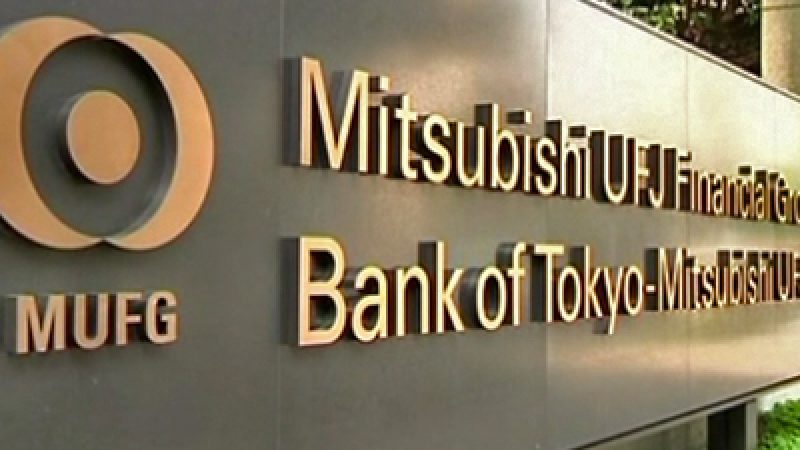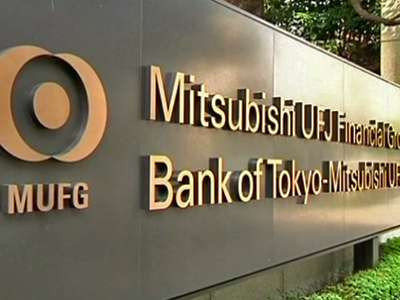
MUFG Aims to be Top 10 Bank in U.S.

Top Japanese bank Mitsubishi UFJ Financial Group (MUFG) is waiting for more clarity on stricter global banking rules before pursuing major acquisitions in the U.S. and Asia.
Already the biggest Japanese bank in America, MUFG wants to be in the top 10 in the U.S.
MUFG president Katsunori Nagayasu says the bank needs to spend about $10 billion in acquisitions to do this, but has to wait until it becomes clear how much capital needs to be set aside.
Under new Basel III rules, banks will have to set aside more capital reserves, with those seen as „too-big-to-fail“ facing greater capital adequacy ratios and capital surcharges.
The final list of these Global Systematically Important Institutions is expected only in mid-2011, with negotiations on specific capital reserve ratio targets to follow after that.
This means it could be at least a year before final agreement is reached by global financial regulators.
MUFG expects to be in this list, but does not anticipate any problems meeting the new capital requirements.
The Japanese bank owns California-based Union Bank, currently ranked 20th by assets in the U.S.
Nagayasu says the leap into the top 10 could happen with a single move.
MUFG is also studying possible buys in Asia and Australia, as the bank and rivals like Mizuho and Sumitomo Mitsui seek other sources of growth amid weak lending in domestic markets.
It paid $9 billion for a 21 percent stake in Morgan Stanley in 2008 at the height of the financial crisis. Last year, it bought about $5 billion in project finance loans from Royal Bank of Scotland.
 Foto: NTDTV
Foto: NTDTV



























vielen Dank, dass Sie unseren Kommentar-Bereich nutzen.
Bitte verzichten Sie auf Unterstellungen, Schimpfworte, aggressive Formulierungen und Werbe-Links. Solche Kommentare werden wir nicht veröffentlichen. Dies umfasst ebenso abschweifende Kommentare, die keinen konkreten Bezug zum jeweiligen Artikel haben. Viele Kommentare waren bisher schon anregend und auf die Themen bezogen. Wir bitten Sie um eine Qualität, die den Artikeln entspricht, so haben wir alle etwas davon.
Da wir die Verantwortung für jeden veröffentlichten Kommentar tragen, geben wir Kommentare erst nach einer Prüfung frei. Je nach Aufkommen kann es deswegen zu zeitlichen Verzögerungen kommen.
Ihre Epoch Times - Redaktion